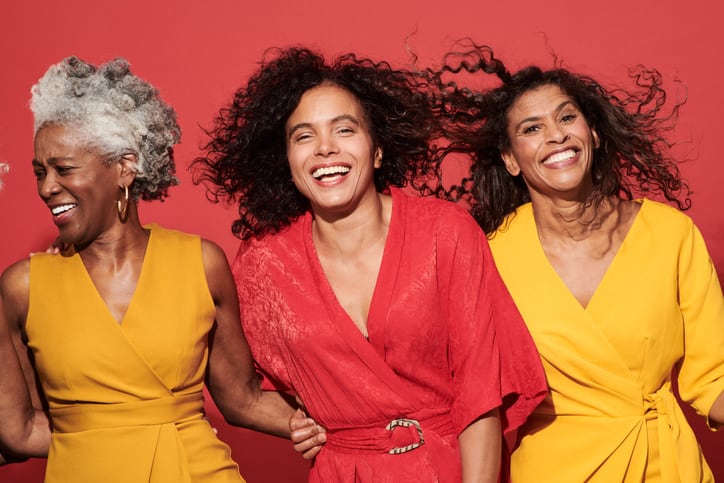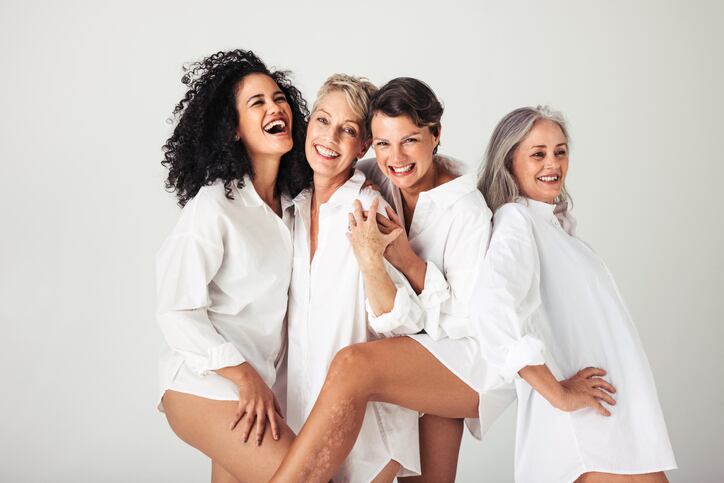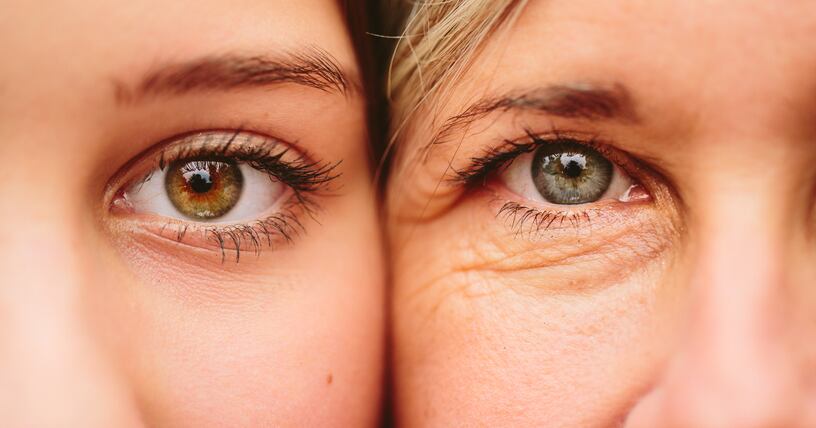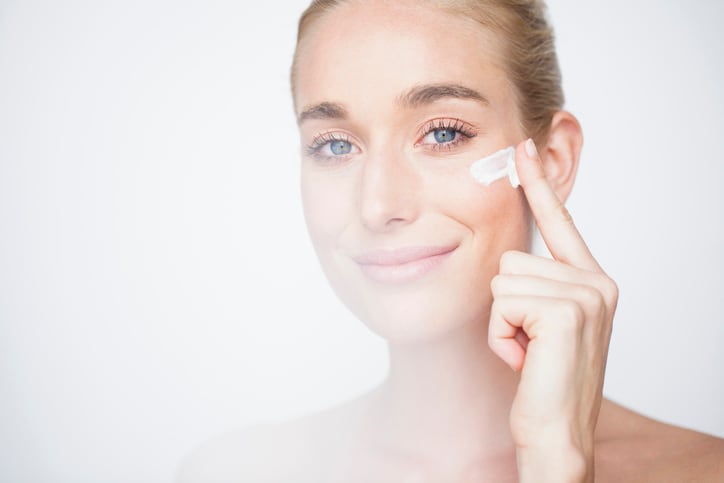Last year, Avon’s director of global skin care and trend innovation told CosmeticsDesign-Europe the term ‘anti-ageing’ would disappear from beauty in 2-3 years as specific skin care needs took priority. Anthony Gonzalez said conversation was shifting away from anti-ageing or pro-ageing to a focus on “authentic ageing” instead.
And Avon’s latest report The Power In Ageing certainly indicated change was underway amongst consumers.
The pandemic beauty reset? ‘Reclaiming our power’
The Avon-commissioned Censuswide survey of 7,000 women across seven countries and three continents – the UK, Italy, Turkey, Romania, Poland, South Africa and the Philippines – found that 72% of women were now focused on looking healthy rather than young after the pandemic; even stronger in South Africa (81%) and the Philippines (89%).
And globally, 67% of women said their confidence was improving with age, 64% said self-esteem was improving and 63% now agreed ageing was not something to fear.
For women in their forties, these findings were even more pronounced, with 66% in this age bracket stating they felt more in control of their lives and 55% feeling more comfortable in their own skin versus when they were younger.

Angela Cretu, CEO of Avon, said the last two years of the COVID-19 pandemic had certainly fuelled these shifts, with 74% of women stating the pandemic had made them realise how fragile life was and that getting older was something to appreciate.
Almost two-thirds of women aged 40+ also said the pandemic had made them feel more confident overall as they embraced wrinkles (49%) and grey hair (46%).
“We’ve been reclaiming our power and taking control over the narrative of ageing and making it fit with who we really are and how we really feel. Now, more than ever, what it means to be 40 and over is changing, and we’re finding the confidence we need to harness our power. And if you ask me, it’s about time,” Cretu said.
So, what did this consumer shift mean for the beauty industry?
The ageing re-brand – ‘authentic-ageing’ must be the focus
Plenty, according to Louise Scott, chief scientific officer at Avon. “The terminology our industry uses to speak to women about their skin needs to evolve from ‘anti-ageing’ to ‘authentic-ageing’,” Scott said.
“Our ambition at Avon is to give every woman of every age the opportunity to have the best, healthiest skin she can have, without having to spend their hard-earned income on expensive products or cosmetic treatments.”
Laura Cummins, head of skin care and personal care at Avon, added: “Ageing itself has gone through a re-brand, and is moving more toward a pro-ageing, enlightened view of the world where women don’t want younger skin, but healthier and stronger skin. People want to have a more realistic and authentic conversation about ageing and the holistic view of wellness.”

And survey findings indicated there was still space to better engage with women aged 40+ in the skin care category, given only 42% felt they had optimised their routines and one-third stating they changed products regularly. There was also opportunity to educate consumers on the perimenopause and menopause, two topics only 46% of women in their forties felt comfortable talking about.
Lisa Gallo, head of innovation for beauty categories at Avon, said there was a clear need for improved education and conversation around the perimenopause and menopause, but also the wider skin care messaging targeting women.
“For some time, the beauty industry has been over complicated and inaccessible to consumer because there are so many confusing messages. Buying trend-led, single benefit, single ingredient products means that women end up with an expensive graveyard of products on their shelf, because they don’t know when and how to use them and believe that a high price point equals efficacy,” Gallo said.
Instead, industry now had to create multi-use products with real impact – something Avon was focused on with its Anew ‘renewal power’ serum designed to restore collagen loss, reduce fine lines and create a natural radiant glow, she said.
Skin health priorities and science-first product choice
Hannah Roberts, global brand director at Anew for Avon, said it was important any skin care innovation carefully considered four trends shaping the category: skin health, skinimalism, science-led products and supercharging skin.
Skin health, Roberts said, had become a firm priority during the COVID-19 pandemic as many women ditched makeup whilst working from home and became more aware of skin care routines. On top of this, she said the pandemic and economic issues had fuelled the skinimalism trend as consumers looked to affordable concentrates and multi-purpose products to simplify these routines.
And now, consumers were “far more educated and savvier” on the power of science post-pandemic, she said, with 64% of women opting for beauty products that had been scientifically proven. Within this, consumers were also looking for products that offered a “long-term impact” on the health and radiance of the skin, she said, with 65% seeking out products to ‘fuel’ their skin and help it feel its most powerful.
Gonzalez previously said the pandemic, and subsequently more time and home and on the internet, had certainly fuelled all this. “The whole ability and time that we have to really understand what we’re doing with how we care for our skin is setting this slate for products really based in scientific truth or proof-based truth. And that’s where people are now; trying to wade through that.”




